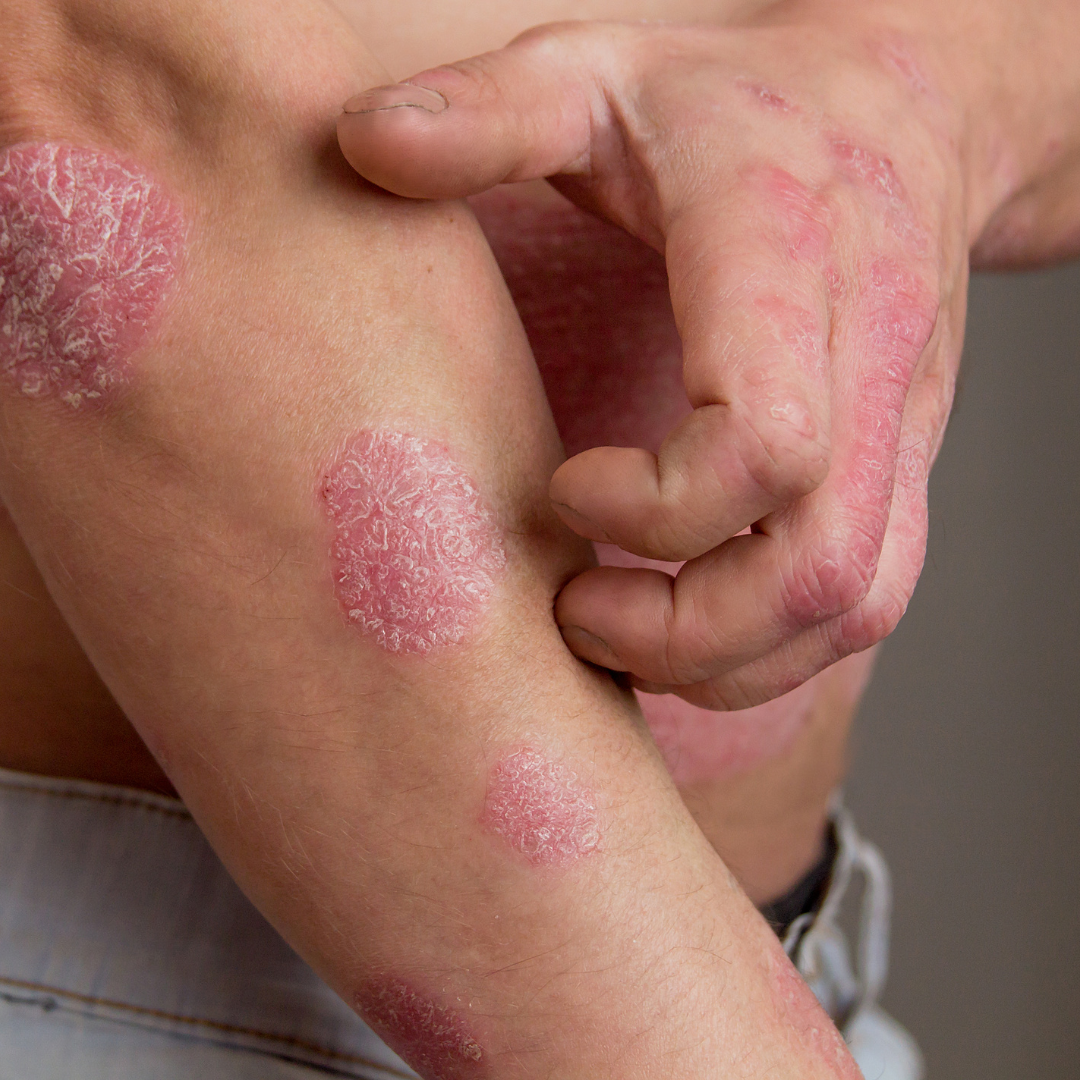
Caring for Eczema-Prone Skin: The Power of an Anti-Inflammatory Diet
Eczema, also known as atopic dermatitis, is a common skin condition characterized by red, itchy, and inflamed patches of skin. For those with eczema-prone skin, managing flare-ups can feel like an ongoing challenge. While topical treatments and moisturizers play a critical role, emerging research highlights the significant impact diet can have on inflammation and skin health. An anti-inflammatory diet can be a powerful ally in soothing eczema symptoms and promoting overall skin wellness.
Understanding Eczema and Inflammation
Eczema is fundamentally an inflammatory condition. It results from a combination of genetic and environmental factors that disrupt the skin’s barrier, making it prone to dryness, irritation, and infection. When triggered—whether by allergens, irritants, stress, or diet—the immune system responds with inflammation, leading to redness, swelling, and itching.
While medications and skin care products target symptoms, addressing internal inflammation through diet may reduce the frequency and severity of flare-ups over time.
What Is an Anti-Inflammatory Diet?
An anti-inflammatory diet focuses on foods that help reduce chronic inflammation in the body. It’s rich in whole, nutrient-dense foods and low in processed ingredients that can trigger or worsen inflammation. This approach not only supports skin health but also benefits overall well-being.
Key features of an anti-inflammatory diet include:
-
High intake of fruits and vegetables – These are packed with antioxidants and vitamins that help neutralize free radicals and calm inflammation.
-
Healthy fats – Sources like omega-3 fatty acids found in fatty fish (salmon, mackerel), flaxseeds, chia seeds, and walnuts support skin barrier repair and reduce inflammation.
-
Whole grains – Unlike refined grains, whole grains provide fiber and nutrients that help regulate blood sugar and inflammation.
-
Lean proteins – Skin needs adequate protein for repair and regeneration; opt for clean sources like poultry, legumes, and tofu.
-
Limited processed foods and sugars – Foods high in refined sugars, trans fats, and additives can aggravate inflammation and eczema symptoms.
-
Avoid common triggers – Some people with eczema find certain foods such as dairy, gluten, eggs, or nuts can worsen symptoms. Identifying and eliminating personal triggers can be key.
Foods to Include for Eczema-Prone Skin
-
Berries – Blueberries, strawberries, and raspberries contain anthocyanins, powerful antioxidants that fight inflammation.
-
Leafy greens – Spinach, kale, and Swiss chard are rich in vitamins A, C, and E, essential for skin repair.
-
Fatty fish – Salmon and sardines provide omega-3s that help calm inflammatory responses.
-
Turmeric – This spice contains curcumin, known for its anti-inflammatory and skin-healing properties.
-
Probiotic-rich foods – Yogurt, kefir, and fermented vegetables support gut health, which is closely linked to skin inflammation.
Lifestyle Tips to Support Skin Health
-
Stay hydrated – Drinking plenty of water helps maintain skin hydration and flushes out toxins.
-
Manage stress – Stress can worsen eczema; consider practices like meditation, yoga, or deep breathing.
-
Gentle skincare – Use fragrance-free, hypoallergenic products to avoid irritation.
-
Consult a healthcare professional – Before making major dietary changes, speak with a dermatologist or nutritionist, especially if you suspect food allergies.
Eczema management requires a holistic approach. While topical treatments are essential, embracing an anti-inflammatory diet can reduce internal inflammation, improve skin barrier function, and ultimately lessen eczema flare-ups. By nourishing your body with wholesome, anti-inflammatory foods and avoiding triggers, you empower your skin to heal and glow naturally.
